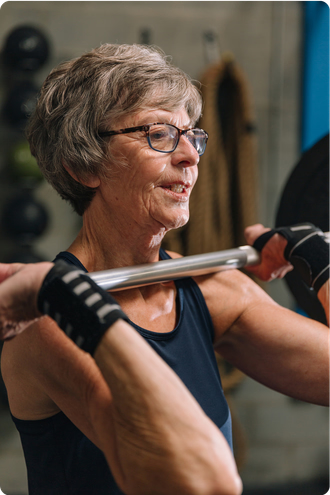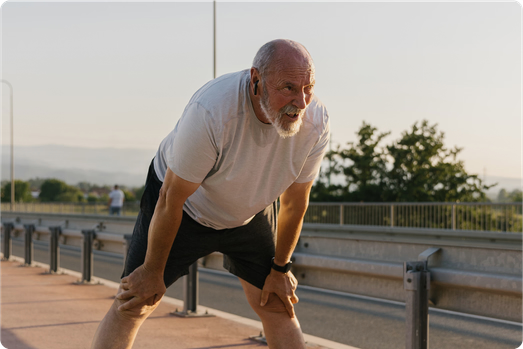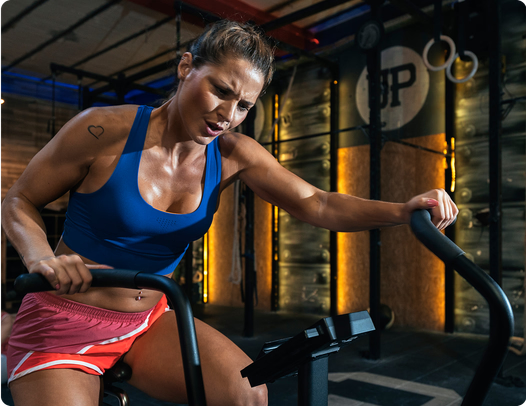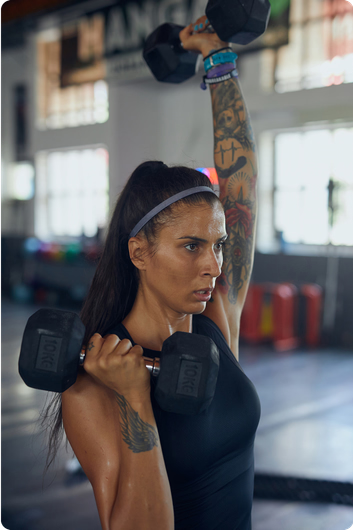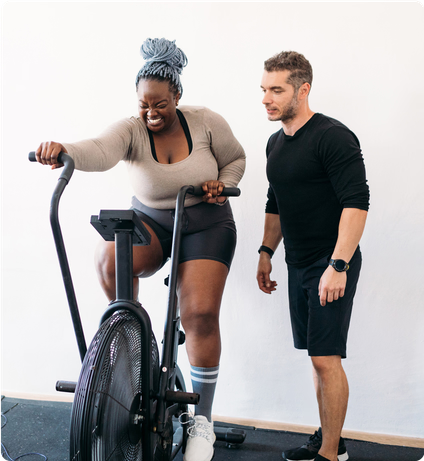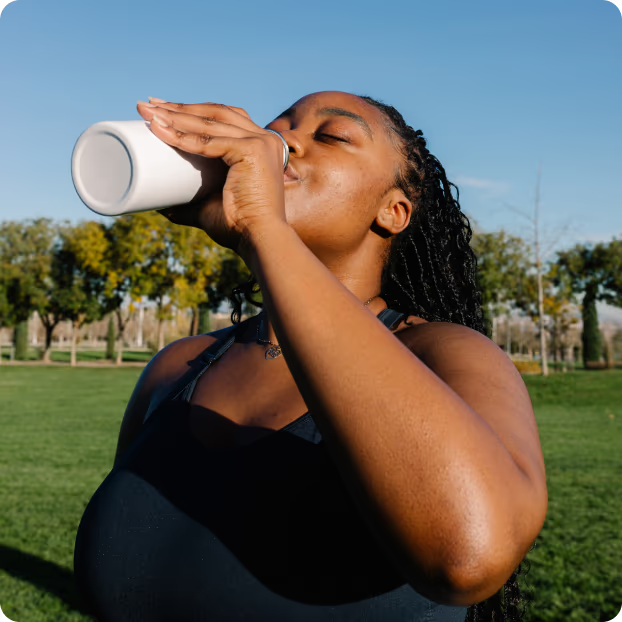
Fitness apps that keep you active and healthy
Move through life feeling your best with Welltech
Your healthy life starts here
Explore our five wellness apps designed to help you achieve your health goals From fitness to yoga, our three wellness apps are made to help you move with purpose.
See AllMuscle Booster
Yoga-Go
WalkFit

3+
products
220M
installs
10+
years
700+
wellmakers
Your Wellness Hub
Explore energizing workouts, wholesome recipes, calming meditations, and expert advice—all for a whole-body and mind approach to feeling amazing
Categories
See AllOur most recent articles
The latest articles from Welltech Blog

